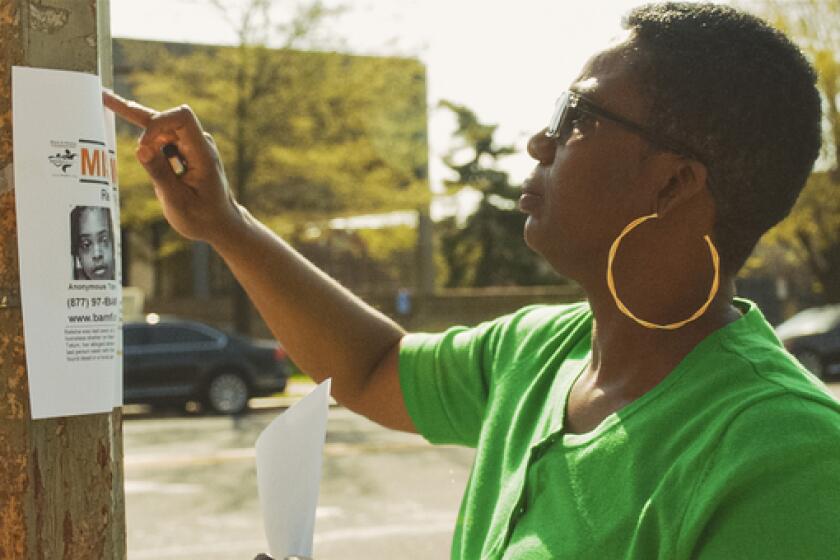California legislator proposes ‘Ebony Alert’ bill to report missing Black children, young women

A California legislator proposed a bill to establish an “Ebony Alert” system that would inform people of missing Black children and young women — similar to the Amber Alert.
State Sen. Steven Bradford (D-Gardena) introduced Senate Bill 673 last week, citing the overrepresentation and underreporting of missing Black children and young women in California.
“The Ebony Alert would ensure that resources and attention are given so we can bring home missing Black women and Black children in the same way we would search for any missing child and missing person,” Bradford said.
New docs from HBO and Oxygen raise awareness about the disappearances of Black and Indigenous women, whose cases are often overlooked by media.
The bill would allow law enforcement agencies to authorize the issuance of an Ebony Alert in cases in which they believe the alert would help in their investigation into a missing person. The legislation allows for alerts to be sent in missing person cases involving Black youths or young Black women ages 12 to 25, according to Bradford.
In 2018, Black children younger than 18 made up about 37% of all missing children in the U.S., despite Black children making up only about 14% of the country’s population, according to the FBI National Crime Information Center.
It’s not the first bill of its kind in California. Similar laws have already been passed for elderly people (Silver Alert), people with mental health problems and missing Indigenous people (Feather Alert).
Relatives say social workers failed to heed warnings Sophia Mason was being abused by her mother and her mother’s boyfriend before she was found dead.
The Ebony Alert bill states that law enforcement agencies could request the California Highway Patrol to send out an alert in the “appropriate geographical area” in cases in which Black youths are “reported missing under unexplained or suspicious circumstances.”
More to Read
Sign up for Essential California
The most important California stories and recommendations in your inbox every morning.
You may occasionally receive promotional content from the Los Angeles Times.













